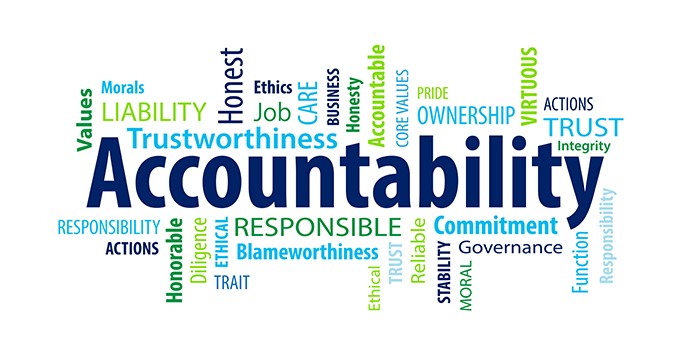
By Heather Nezich, courtesy SBAM Approved Partner ASE
Holding both leaders and employees accountable is one of the biggest challenges in the workplace. In fact, in a recent CEO Benchmarking Report by The Predictive Index, 18% of CEOs surveyed said “holding people accountable” was their biggest weakness.
Another 15% stated that letting go of underperformers was also a large struggle. Unaccountability results in reduced morale and organizational performance. If employees are allowed to miss deadlines or have consistently poor performance, the leader’s credibility is reduced, and team morale will suffer.
Why do we have such a hard time holding people accountable for the work they do?
- We are not accountable for our own behaviors or deadlines. One must set expectations for the team and then lead by example. If the leader is also missing deadlines, for example, they don’t hold much ground to enforce that onto their employees.
- Clear expectations are not set. In order to hold an employee accountable, clear expectations must first be set. For an employee to be successful and meet expectations, they must first understand what is expected and what the consequences will be if not met. Only then can they be held accountable.
- The desire to be liked. Leaders often have too strong a desire to be liked and accepted. If a leader is too worried about being liked or accepted, they will fail to hold employees accountable and won’t be able to instill a sense of accountability in their team members.
- Apologizing when holding someone accountable. Starting off with an apology weakens the statement or demand to an employee. Being straightforward and expressing your expectations will yield better results.
Now that we understand why this is a struggle, how can leaders improve accountability?
- Set goals and clear expectations. Create clear goals and expectations and put them in writing. Once a standard is set, accountability can be enforced.
- Understand how your employees are wired. All employees digest information differently. Make sure all the employees understand the goals and expectations. Some may need to discuss them verbally to fully understand. Some me need to read through a written document.
- Be prepared to give feedback. Employees desire feedback and can only improve if feedback is given. If you see an employee going in the wrong direction, address it and redirect them. When given in a positive, constructive manner it will enforce accountability and improve productivity and engagement.